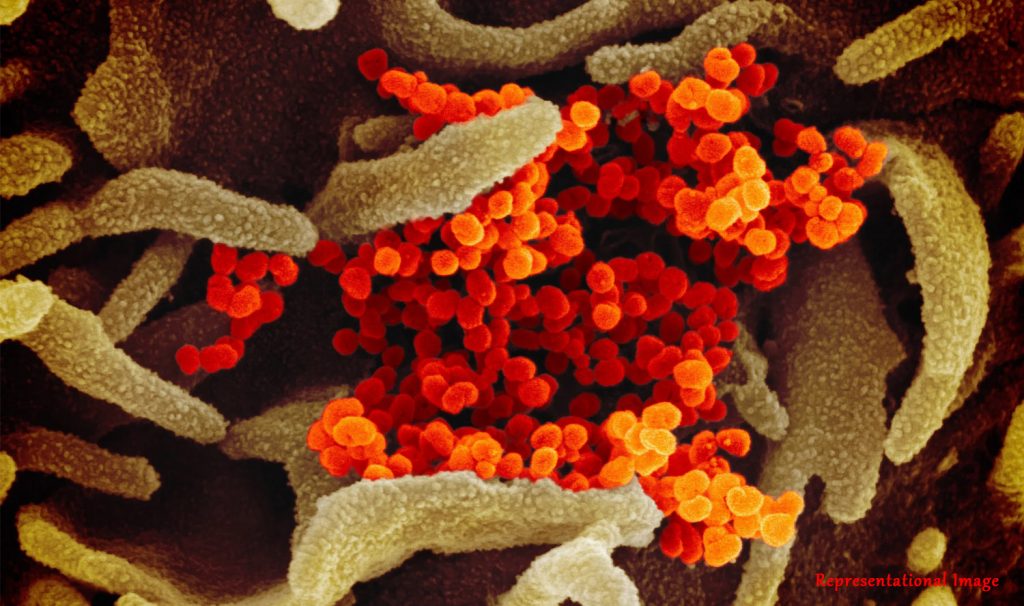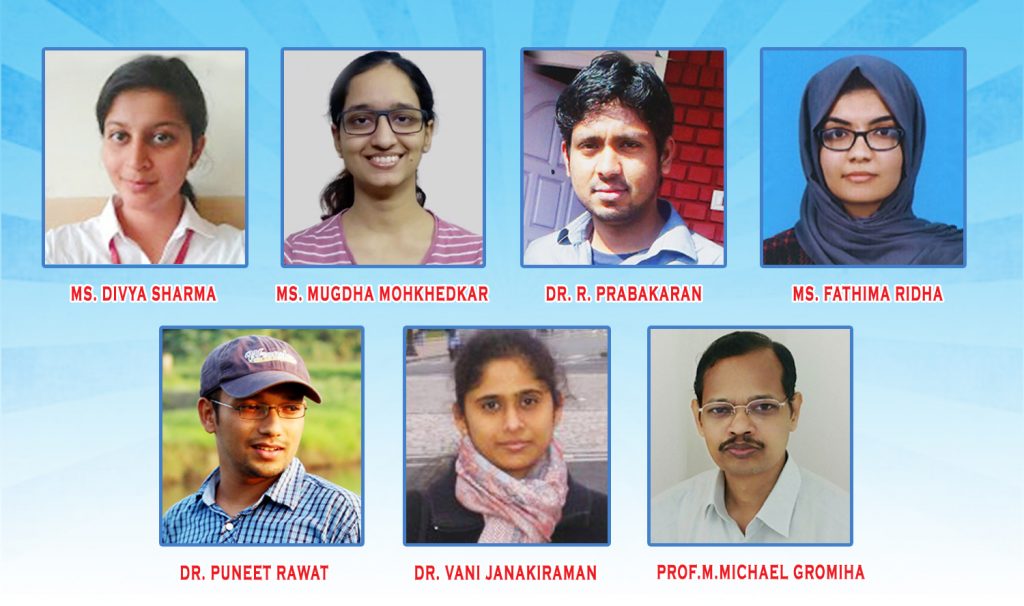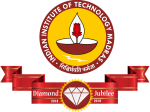
The COVID-19 pandemic has opened the doors for researchers to understand more about coronaviruses. Coronaviruses are not only restricted to COVID-19, but also cause severe acute respiratory syndrome (SARS) and Middle East respiratory syndrome (MERS) among others.
A large amount of experimental and computational data has been generated in order to understand coronaviruses, and has been stored online in several databases. However, the emergence of new variants of coronaviruses such as Delta and Omicron, prompted researchers to gather new and comprehensive information on coronaviruses and store them as online databases, which can be used to develop new drugs and to prevent further damage to human health and economies worldwide.
Although a lot of information related to coronaviruses is stored in several databases, a database for binding affinity (how tight the antibodies bind to virus) and neutralization profiles (inhibitory concentration) of coronavirus-related neutralizing antibodies (how effectively antibodies can kill viruses) has not been created yet. Thus, the authors of this paper, which include Dr. Puneet Rawat, Ms. Divya Sharma, Dr. R. Prabakaran, Ms. Fathima Ridha, Ms. Mugdha Mohkhedkar, Dr. Vani Janakiraman, and Prof. M. Michael Gromiha from the Department of Biotechnology, Bhupat and Jyoti Mehta School of Biosciences, Indian Institute of Technology (IIT) Madras, Chennai, India, have come up with a database known as Ab-CoV, which contains experimental data for binding affinity and inhibitory concentration of neutralizing antibodies.

The Ab-CoV database covers 1780 coronavirus-related antibodies, including 211 nanobodies. It additionally provides the detailed information about each antibody such as how the antibody was obtained? Which virus strain does the antibody bind? Where does it bind in the spike-protein (epitope)? etc.
Ab-CoV has a wide range of search and display options. Users can directly search and download based on antibody name, viral protein epitope, neutralized viral strain, antibody, nanobody, etc. It also has an option to view the structures of antibody or viral protein as a 3D model.
In order to obtain data for this database, initially thousands of research articles related to coronaviruses were collected from PubMed, which is a free resource that supports the search and retrieval of biomedical and life sciences literature. Then the information related to binding affinity and inhibitory concentration of neutralizing antibodies was meticulously gathered from these research articles. In addition, the amino acid sequence information of all coronavirus-related antibodies was included from a sequence database called CoV-AbDab.
The Ab-CoV database will be a vital resource for coronaviruses-related studies. The database also has the potential to assist researchers for antibody engineering, analyzing immune escape for known and future variants of SARS-CoV-2, for computational studies of neutralizing antibodies, to relate structural features with binding affinity specific to SARS-CoV-2, and for design of therapeutic interventions.
Some of the data in this database have already been used to understand the relationship between structural features and binding affinities of spike protein-antibody complexes as well as antibody repurposing. These studies have been published in Proteins: Structure, Function and Bioinformatics, and Scientific Reports, respectively by Prof. Gromiha and collaborators.
This research was partially funded by The Robert Bosch Centre for Data Science and AI (RBCDSAI) at IIT Madras.
Prof. R. Sowdhamini from the National Centre for Biological Sciences (NCBS), Tata Institute of Fundamental Research, Bengaluru, India, listed the features and advantages of the database with the following comments: “This AbCoV database on SARS-CoV2 antibody is a comprehensive and good collection of data, relevant for vaccine design. Experimental data on 107 crystal structures and close to 1500 antibody data have been employed as start points. At the epitope and paratrope regions of the spike protein of SARS-CoV2, three different computational methods have been used to perform virtual and exhaustive mutation studies. Several other relevant data, such as kinetic parameters of neutralising antibodies are also provided along with user-friendly search engines. Two-dimensional plots and structure diagrams provide easy ways to obtain understanding on sequence and structural information. Possible compatible antibodies are also recommended from Thera-SAbDab database as a resource. Contents of this database will be a valuable resource for future design of antibodies. This work is also timely at the time of epidemic COVID era.”
Article by Akshay Anantharaman
Here is the original link to the paper:
https://academic.oup.com/bioinformatics/article-abstract/38/16/4051/6623431
Here is the link to the Ab-CoV database:
https://web.iitm.ac.in/bioinfo2/ab-cov/










